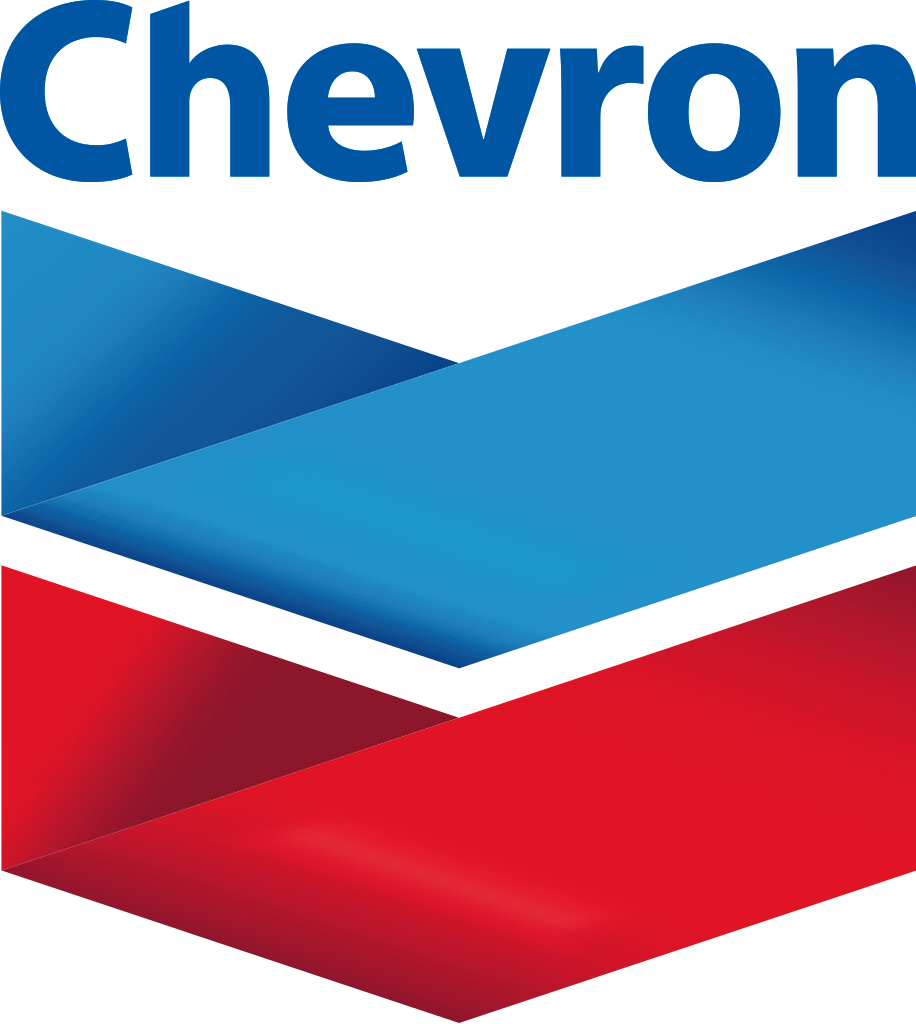Hiring Neurodiverse Employees Refuels Service Stations
For Chevron Stations Inc. (CSI) Manager Naomi Mata, employee safety meetings were important, but typically routine. However, the enthusiasm of two new employees, Carter Chavez and Nicholas van Wingerden, has become infectious for Mata and other employees at the Carpinteria, California, retail operation, making safety meetings far more engaging.
Chavez and van Wingerden were hired as part of a diversity and inclusion employment pilot program. Through this program, CSI hired ten neurodiverse individuals, or those who are on the autism spectrum, for positions at five Chevron service stations in Central and Southern California.
Jobs such as the ones offered through this program are not typically easy to come by for adults with autism. Autism Spectrum Disorder (ASD) describes a broad range of developmental disorders that begin early in childhood, last throughout a person's life and for which there is no known cure. It affects how a person acts and interacts with others, communicates and learns. About 1 in 59 children is diagnosed with ASD, according to the Centers for Disease Control and Prevention (CDC). Research also indicates that only 14 percent of adults with autism in the U.S. are currently employed.
Working with PathPoint, an employment agency specializing in helping people with disabilities and mental health diagnoses find employment, CSI developed the role of station support representative (SSR) to help provide opportunities for neurodiverse employees. The position is a variation of the customer service representative (CSR) role tailored for neurodiverse employees and includes cleaning, stocking and support responsibilities.
“They perform many tasks to support our CSRs and help keep our stations running smoothly,” said Mata, a 12-year CSI veteran and former CSR herself.
The pilot program was created with feedback from Chevron’s ENABLED (ENhancing ABilities and LEveraging Disabilities) network, one of the company’s 12 employee networks. The program’s goals include:
- Expanding opportunities to people with disabilities
- Adapting the CSI hiring process to accommodate and attract a more diverse workforce
- Reinforcing Chevron’s commitment to employee diversity and inclusion
Increasing opportunities for neurodiverse employees like Chavez and van Wingerden is especially important for Mata.
“We want diverse people to work for us. It is our diversity that helps make our stations welcoming. We are showing what is possible when we harness the collective talents of everyone,” she said.
Employees and Communities Benefit
In addition to helping her fill station staffing gaps, the program has far exceeded Mata’s own goals for the station and her employees.
“Everyone is more engaged,” she said. “Everyone’s working better together. We feel like we’re part of something bigger because of the program.”
She’s not the only one noticing the difference at the Carpinteria station. “One of our regular customers specifically mentioned to me how great it was for us to be supporting diversity,” she said. “Customers are happy to see that our employees represent the diversity of our communities.”
Mata said she is gratified that the program provides opportunities for good jobs to people. She is also pleased to see Chavez and van Wingerden thrive in their roles. The experience of being involved in the program has also provided a learning opportunity for Mata and her staff.
“Since working with Carter, Nicholas and the PathPoint job coaches, I realized I could work on my communication skills to be more specific and detailed in my instructions on what I want and what I need done,” said Mata.
Recognition of Workplace Inclusion
Chevron’s commitment to diversity and inclusion has earned Chevron recognition on the 2019 Disability Equality Index® (DEI) “Best Places to Work for People with Disabilities.”
In addition, the program was recently honored by Cathy Murillo, mayor of Santa Barbara, California, and PathPoint at the 2019 Disability Employment Awards Breakfast. Julie Beltran, a Chevron business consultant who supervises the Carpinteria station, took part in the awards breakfast on Chevron’s behalf.
Beltran said she was unsure of what to expect at the start of the program. “We didn’t know how it would work with employees who had developmental challenges, but the experience with the program has been all positive, she said. “It’s shown that we’re all people, we all have something to give and Chevron wants to welcome everyone.”
Read mroe about how Chevron is supporting workers with autism







